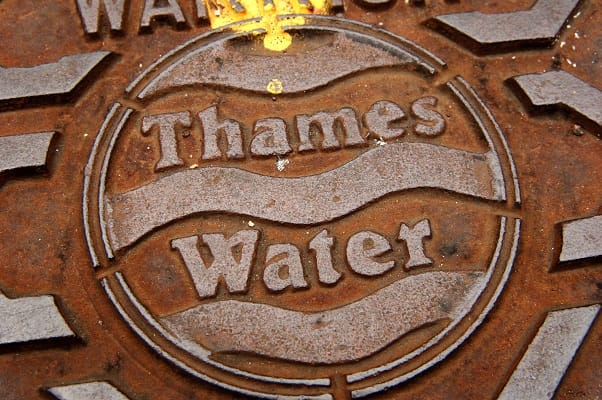The UK’s largest water company remains in “crisis mode” and it will take “at least a decade” for Thames Water to turn the business around.
Thames Water is heavily in debt and they have revealed over the past year there has been a sharp increase in pollution incidents.
Thames Water’s creditors are pushing to take ownership of the company as they are in debt by £1.27 billion and have set aside £122 million for fines from Ofwat.
The water giant said there is a “material uncertainty” if the creditors restructuring plans can finish resulting in a rescue deal.
By the end of March overall net debts grew by a further £1.65 billion to £17.72 by the end of the that month.
Thames Water posted in the year to 31 March profit plummeted to £1.65 billion pre-tax loss compared to profits of £157 million the year before.
Performance on pollution remains “disappointing” as there was a surge of incidents which grew by more than a third by 34.3% to 470.
Thames Water chiefs told MPs on Tuesday that “good progress” has been made over the proposed deal.
Chris Weston, chief executive of Thames Water, told Parliament’s Efra (Environment, Food and Rural Affairs) committee that once the creditor takeover the company they are “not expecting” to receive dividends.
Weston said: “We recognise that our current gearing is too high and, to address this, we are progressing with our senior creditors’ plan to recapitalise the business which will see us return to a more stable financial foundation.
“This will come with a requirement to reset the regulatory landscape and acknowledge it will take at least a decade to turn Thames around.”
Chairman Sir Adrian Montague said: “I joined this company two years ago in the wake of the resignation of its chairman and chief executive.
“We were in a crisis and have been in crisis mode ever since. What we are here to do now is to help it avoid a special administration.”
Thames Water has more than 16 million customers and they are in discussions for a rescue deal with senior creditors, this comes after the private equity firm KKR pulled out to invest £4 billion.
Weston said: “Pollutions were adversely impacted by rainfall and high groundwater levels but we have made progress in terms of addressing many of the underlying causes of our poor performance, including being more proactive in sewer cleaning.
“While it is disappointing this work was not reflected in performance improvement in the year, we are confident that it will translate into future environmental performance.”

